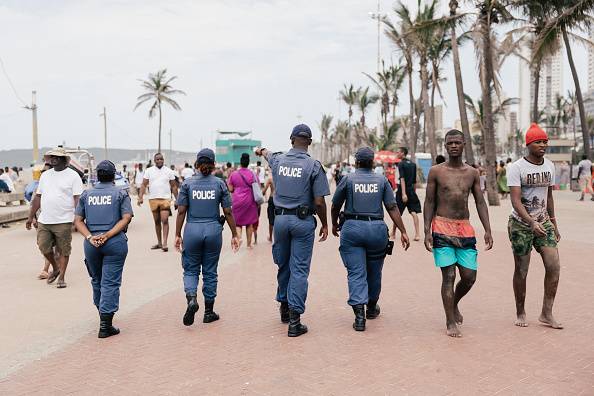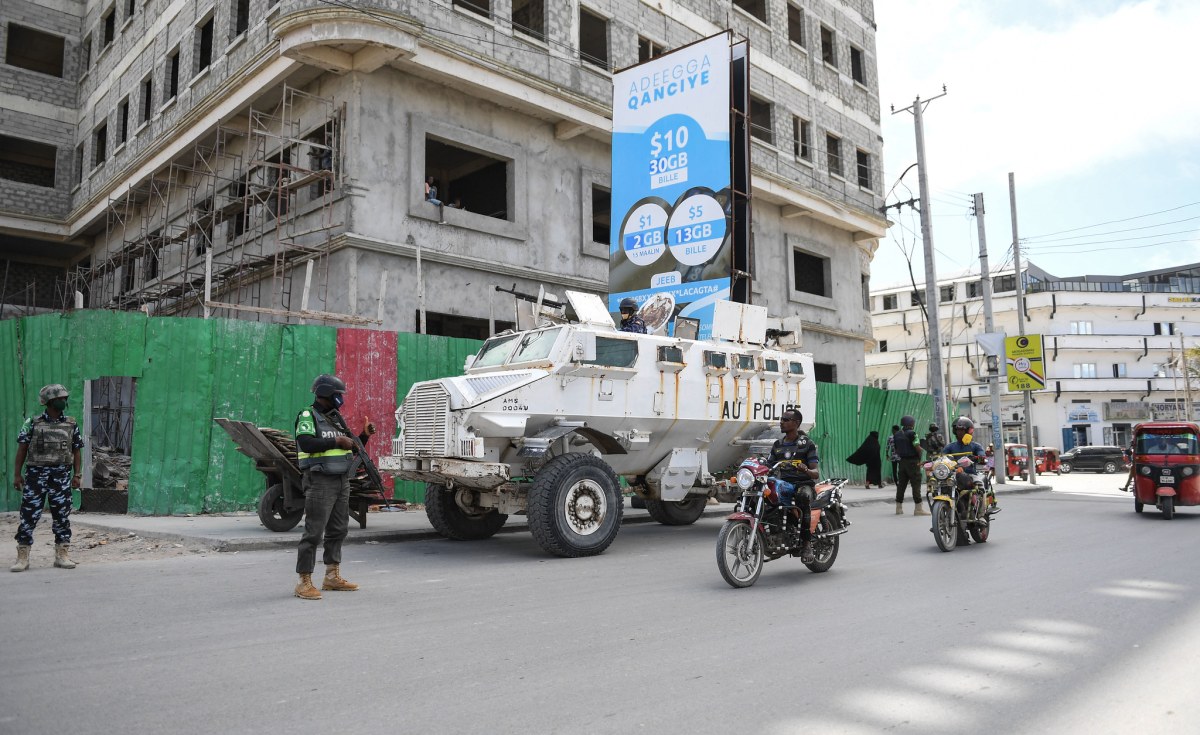“We are what we repeatedly do. Excellence, therefore, is not an act, but a habit” – Will Durant
Nelson Mandela was arguably one of the world’s most respected, revered and loved politicians and statesmen of our era. The world’s first-ever human-to-human heart transplant was performed in South Africa in December 1967.
The country has produced 11 Nobel Prize laureates including Nelson Mandela, Archbishop Desmond Tutu and Nadine Gordimer. Some of the world’s finest cricketers, including the likes of AB de Villiers, Jacques Kallis, Allan Donald and Makhaya Ntini come from South Africa.
The Springboks have won a record four Rugby World Cups (captained to victory by Siya Kolisi in back-to-back World Cups in 2019 and 2023). Thirty-one Olympic gold medallists have made their mark in the Olympic Games including Penny Heyns, Josia Thugwane, Chad le Clos, Caster Semenya and Wayde van Niekerk.
Charlize Theron and five other South Africans are Oscar winners. A number of South Africans have won the Pulitzer and the Booker prizes. Many famous artists and musicians have made the country proud. Some of the best legal and medical minds have emanated from South Africa.
The world’s richest man at one point in time (Elon Musk) was born and schooled in South Africa. A number of South African businesspeople have established extremely successful international businesses. These are just a few of many South Africans’ considerable accomplishments.
In this context, it is also important to take into account the fact that South Africa is a country that was admired for the resilience and forgiveness of its people during and after the apartheid regime and for the remarkable process that resulted in the birth of the new constitutional era.
Nation in decline
Why is it that a country on the tip of southern Africa that punches above its weight in so many respects has recently become so accustomed to and accepting of mediocrity and incompetence and sometimes much worse?
Once a nation of trailblazers that led the world in political leadership, innovation, sporting prowess, creativity and business, we have with some notable exceptions (the Springbok rugby team being a noteworthy exception to the current trend), become a nation on the downturn, resigned to inevitable decline.
How did it come to this? How did we go from Nelson Mandela to Jacob Zuma, from performing the first ever human-to-human heart transplant to the derelict state of our public hospitals and the dearth of topline specialists?
In the 1990s, South Africa was feted by world leaders. We were the darlings of the international community borne on the shoulders of Nelson Mandela. The economic and political trajectory of the country was positive. The “rainbow” nation could do no wrong.
Today the picture is very different. We are headed down the so-called “low road” with little expectation of departing from it. Record levels of unemployment, appalling levels of crime, failing of even the most basic infrastructure, corruption on an industrial scale, an ever-shrinking tax base and excessive levels of taxation, high levels of emigration of skilled people, becoming alienated from historic political allies and no political leadership to speak of.
The truth of the matter is that the quality of leadership often dictates the results that any country, organisation, company or team produces. It is little wonder that South African football has been in the mire given the very poor state of its leadership for so long, and equally South African cricket has historically been adept at self-sabotage as a consequence of poor administration and decision-making.
The private sector has also not covered itself in glory. The recent Steinhoff debacle was a very clear-cut example of the failure of leadership. At a country level, the state of our infrastructure, levels of employment and crime speak for themselves.
How do we turn this ship around?
South Africa is blessed with abundant natural resources, a young and dynamic population and huge economic potential. Its people are highly capable; history demonstrates that. There are large resources of intellectual capital to tap into, although significantly underutilised. We should be putting more satellites into space, making sure our agricultural production is sustainable, and significantly improving the state of our educational, healthcare and policing systems.
Given the challenges we face as a country and as a nation, isn’t it about time that we started showing greater ambition in our choice of leaders, in our ability to build and maintain infrastructure, in our desire to achieve high educational and healthcare standards and sustained and poverty-ending economic growth.
Key to this is selecting the right leaders, developing appropriate policies and strategies to determine the way forward, and undertaking the difficult task of implementing those policies. Unfortunately, with few exceptions, the reasons for our decline as a country are all too apparent. If leadership is lacking in key political, economic and governance institutions, a country is destined for failure.
It is high time we started showing some vision, determination, and courage as a nation to regain the status and direction that Nelson Mandela had set the country on. Let us choose leaders who warrant respect, who are inspiring, thoughtful, capable, courageous and self-sacrificing. Leaders with the vision, character, and passion to see the country we all love reach its full potential to the benefit of the entire population, rather than the enrichment of the few.
Read more in Daily Maverick: 2024 elections hub
Instead of wallowing in decline and bemoaning our fate, we can and we must choose an alternative destiny. It is time to do the hard work to ensure that this land of ours is the successful nation that we aspire to for generations to come.
However, merely dreaming or aspiring to become a successful nation is not enough. Leaders don’t choose themselves. Civil society needs to become far more vocal and actively involved in helping to shape the destiny of South Africa.
As Will Durant so eloquently framed it, “we are what we repeatedly do.” In other words, if we accept mediocrity and incompetence as a way of life, then we become a function of what we choose to accept.
On the other hand, if we desire excellence and we want to become a successful nation, then we need to make choices which inform those outcomes and take concrete steps to achieve the desired outcome. Time is not on our side in turning our institutions around. If we do not act decisively, we may quickly reach a point of no return.
History will not judge us kindly should we fail. DM




















Discussion about this post